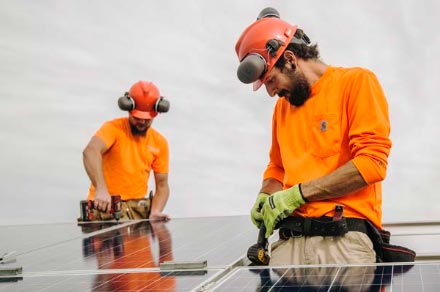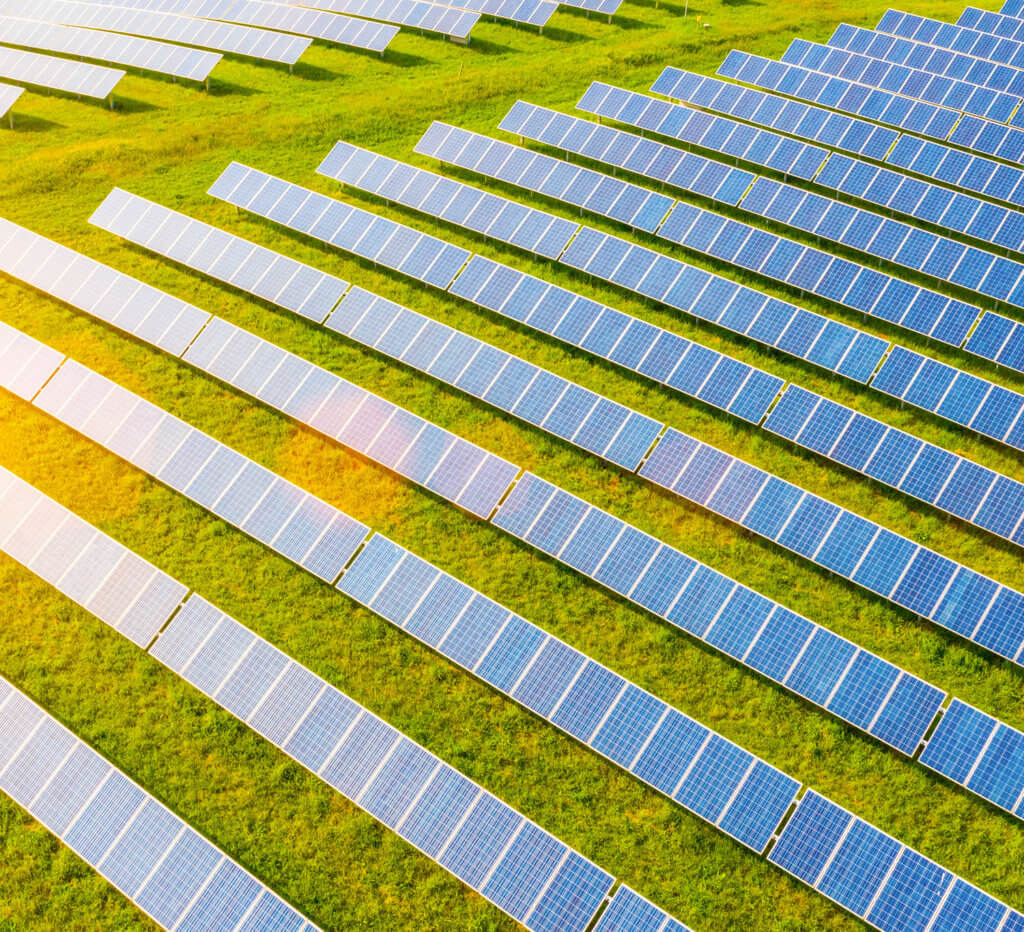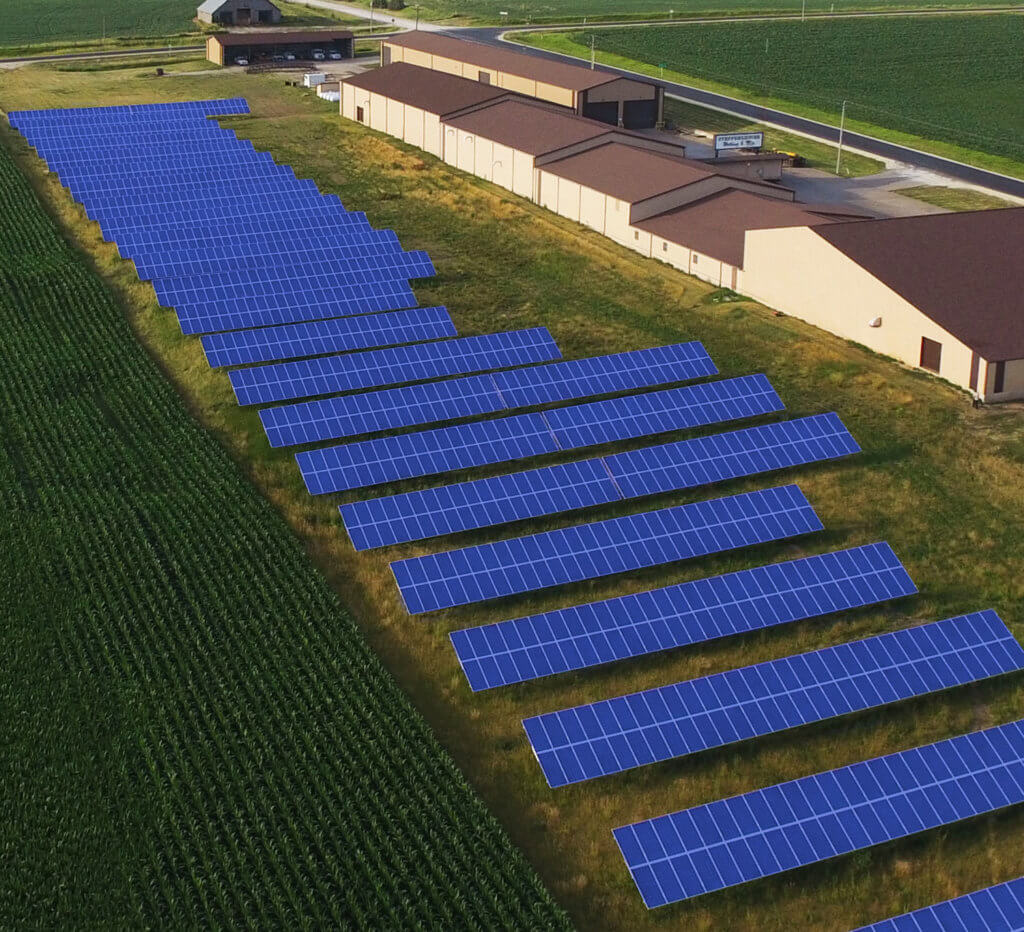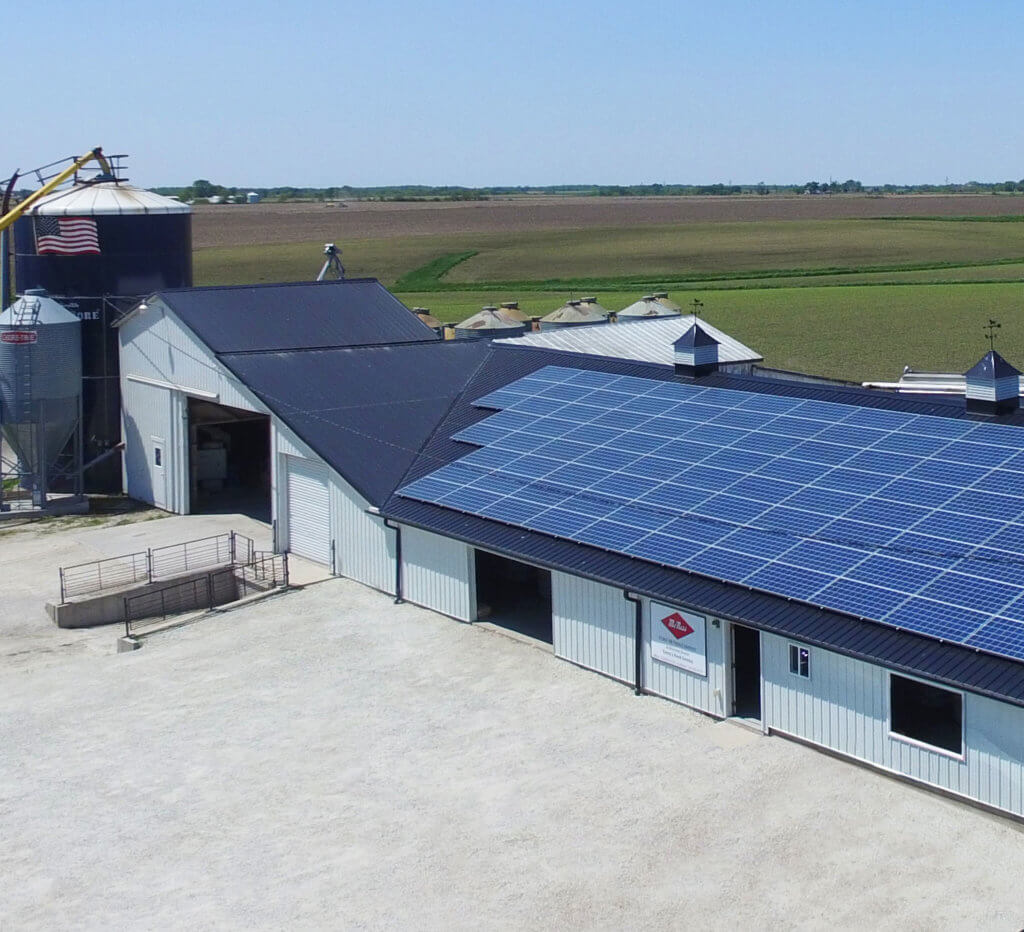
Failing solar firm Suniva threatens entire US solar industry
Suniva, a bankrupt solar panel manufacturer, is using an obscure provision in federal law known as Section 201 of the International Trade Act to try to save its business–at the cost of up to 88,000 jobs in America’s clean energy industry.
Troy Van Beek, Founder & CEO, Ideal Energy Inc.
Solar is an American success story. Last year, it was the number one source of new electricity capacity for America and created 51,000 jobs and $23 billion in investment. The solar industry employs over 260,000 Americans, which is more than Google, Facebook, and Apple combined. Solar is powering homes and businesses, farms and factories, and even entire towns. All with a clean and abundant domestic power source.
My company, Ideal Energy, is part of this success story. We employ 30 people in Fairfield, Iowa, and have installed solar for hundreds of customers over the last 8 years, for homeowners, small businesses, farms, educational institutions and large industrial operations. We’ve hired hard working Americans from all walks of life who are making a serious commitment to our community.
However, the success of the solar industry is under threat. Two failing solar cell and panel manufacturers are hanging their hopes on Section 201, last used in 2002 to create a temporary tariff on imported steel.
Suniva, a bankrupt Chinese-controlled company, and SolarWorld, whose German parent company has declared insolvency, are failing for reasons unrelated to imports. The Solar Energy Industry Association (SEIA) found that these companies’ troubles were caused by self-inflicted wounds and that Suniva and SolarWorld’s “poor quality, poor customer service, and deceptive business practices resulted in burned bridges with a multitude of customers, including some of the largest in the industry.”
Tariffs on solar panels may not help these companies at all, and they certainly won’t help them without severely damaging the rest of the American solar industry. Many of those damaged would be other American manufacturers.
If these two companies prevail, 88,000 well-paid Americans could be jobless next year with no guarantee of Suniva or SolarWorld adding any jobs, according to SEIA. History reinforces this point—researchers at the CITAC Foundation found that the 2002 steel tariffs actually caused job losses for over 200,000 American steel and manufacturing workers.
The harm will go beyond jobs. Bloomberg New Energy Finance says the tariffs, if imposed as Suniva has asked, would double the cost of solar panels. This would crush demand for solar. IHS Markit says the case could slash photovoltaic demand by 60 percent by 2021. GTM Research says it could lead to the abandonment of 47 gigawatts of future solar projects—that’s more than the total amount of solar installed in the United States to date and enough electricity to power 10 million homes.
The proposed tariffs would hurt homeowners and businesses by denying them the opportunity to save money by investing in solar.
This is particularly disconcerting to me because Iowa could lose out on the benefits of solar. Some of our customers are saving over $100,000 per year in utility costs – savings they’ve reinvested in additional training and benefits for their employees, buying new equipment, and hiring more workers. Solar has positive knock-on effects throughout the local economy, leading to economic growth and new jobs.
We want to see the American solar industry continue to thrive, which is why we are against these tariffs. The American solar industry needs U.S. manufacturing and local companies, as well as the ability to tap into the global supply chain.
There is a right and wrong way to spur growth in U.S. solar manufacturing—killing jobs in a growing industry is the wrong way. I urge the ITC to decide against this so-called “remedy” and instead support the best interests of American businesses and the quarter-million American solar workers and their families.
This article originally appeared in The Gazette on September 19th, 2017.








